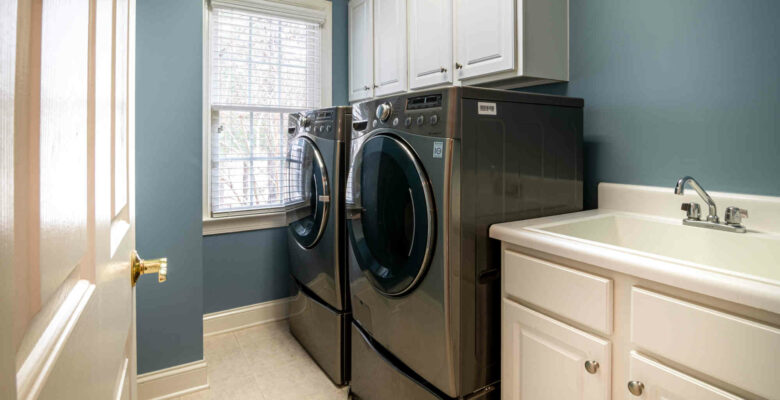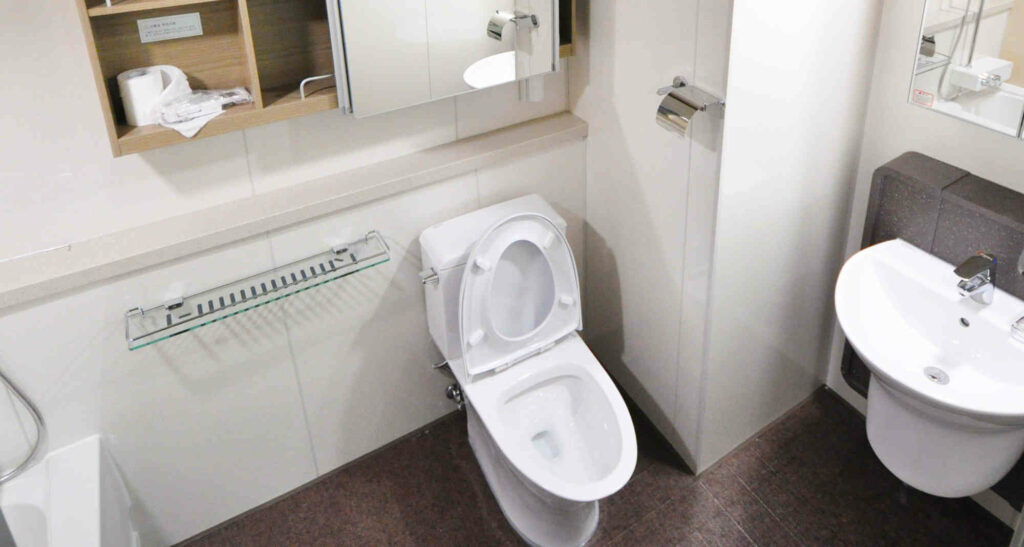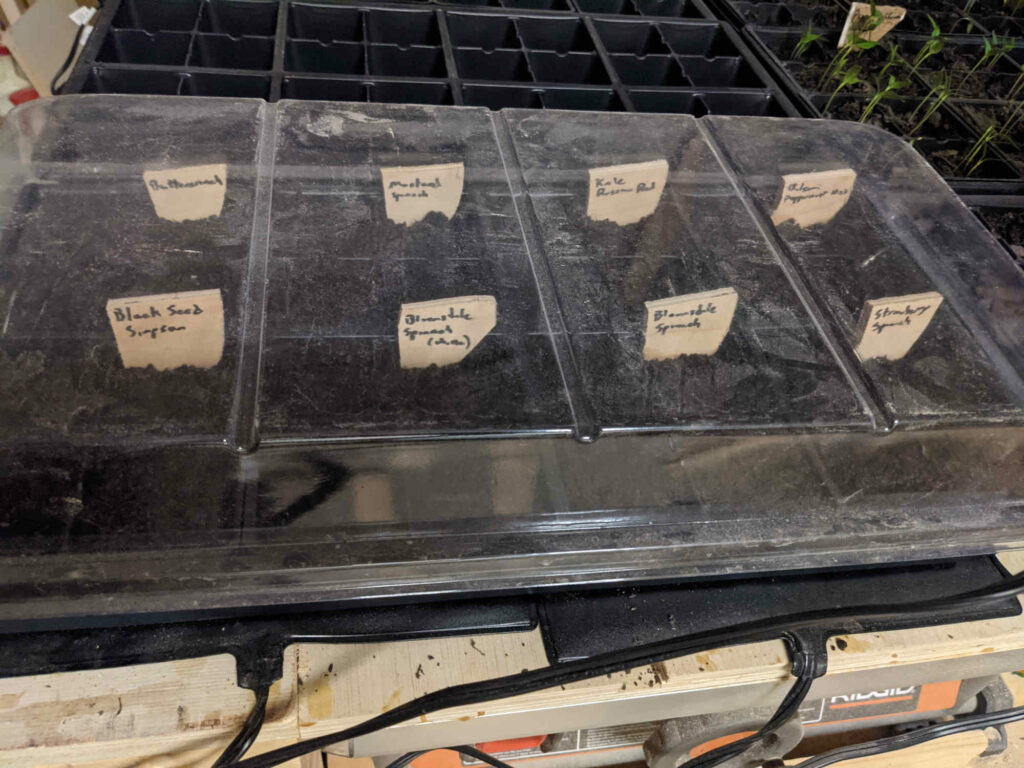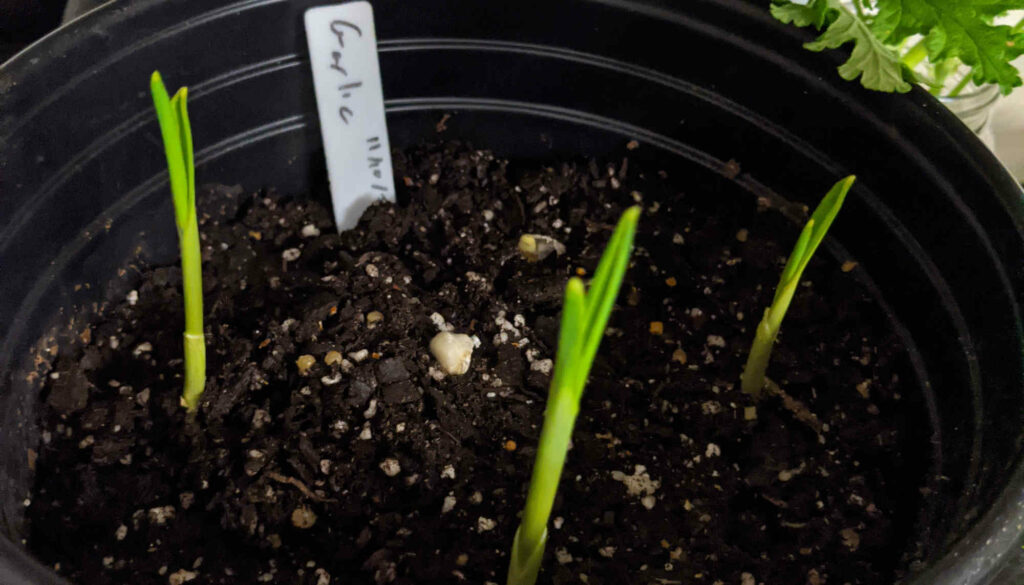This article is about the common washing machine problems you might face as a homeowner. We hope addressing a few of them here will help you down the road.
Unbalanced
Washing machines, especially those with an agitator, put out a lot of vibrations and inertia. When they get off balanced, you can tell. If you hear “ca-chunk ca-chunk ca-chunk” while it’s running, that’s a balance issue. Either the load you have in there is too big or bulky for your machine or your unit is off balance altogether.
Unbalanced issues are especially common with top loaders because their inertia tries to push the machine to the sides. Front loaders have less side-to-side inertia.
Almost all washing machines have adjustable legs. You twist them one direction to raise that leg and one direction to lower. If your machine keeps acting off balanced, even with smaller loads, you should adjust these to get it level both side to side and front to back. In most cases, that will fix your problem.
Some machines also come with self-leveling legs. They level out due to the vibrations in your machine over time. If you have one of those, and it is working properly, all you have to do is run several regular loads and it’ll take care of itself.
Getting Rid of Smells
Washing machines collect odors over time. That’s just a part of washing machine ownership. Fortunately, getting rid of smells is usually pretty easy. Some machines have a self clean cycle and that’ll usually do. If you have smells from bacteria, a hot cycle with white vinegar will do great!
When it comes to washing machine problems, getting rid of smells is one of the easier issues to face.
Overflowing Suds
Usually if you have an overflow issue, it’s because you’re using too much or the wrong kind of detergent. Laundry detergents are specifically formulated to create the right amount of suds. Furthermore, high efficiency machines can only take detergents that are marked “high efficiency” or “He” on them.
I actually learned all this the wrong way. In college, we’d have “suds” parties and would pour bubble bath or dish soap in the washing machine and run it. It would overflow dramatically, and we’d fill the room/floor/house with suds.
Hose Issues
Washing machines actually last 2-3 times as long as the hoses and connectors. The material they’re made out of gets weaker over time or can build up deposits. Every six months or so, you should visually examine your washing machines hoses and their connectors for bulges, rust, lime deposits, or abrasions.
If you find anything wrong with your hoses and their connectors, you should replace them immediately so that you don’t end up with a flood on your hands. Fortunately, hoses and connectors are cheap and super easy to replace.
Rust
As with any appliance that handles water, rust is a major concern. Fortunately, most washing machines won’t start to rust unless something else is wrong with them or they’re incredibly old. If you see any rust on the inside or outside of the machine, get it taken care of immediately. On the bright side, regular cleaning would help mitigate the risk of rust forming on your machine.
Regular Cleaning
Regular cleaning is essential for your washing machine. Newer models have a self clean mode and will let you know when it’s time to run it. If you don’t have a self cleaning mode, you should scrub it out yourself roughly once per month. You should use white vinegar or some mild cleaning solution. Afterwards, you should run an empty cycle to rinse out any remaining solvent.
Bigger Washing Machine Problems
It may be tempting to worry every time your washing machine has a problem, but fortunately, many of these are quick fixes! However, if your machine is leaking, damaging clothes, or creating major problems, then it might be time to hire someone.







Leave a Reply